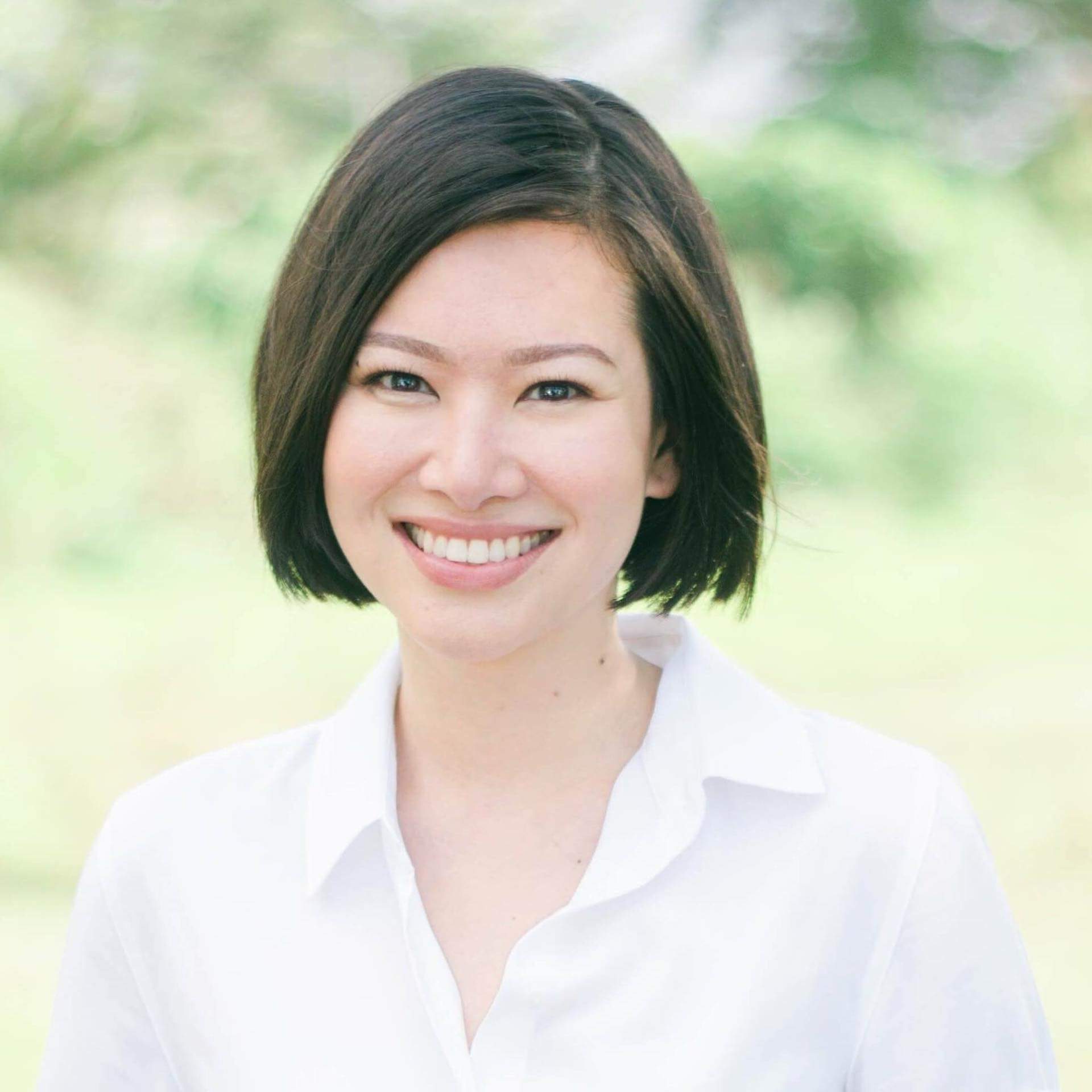SUMMARY
This is AI generated summarization, which may have errors. For context, always refer to the full article.
![[OPINION] Hold the line for whom?](https://www.rappler.com/tachyon/r3-assets/612F469A6EA84F6BAE882D2B94A4B421/img/D0164FCEF0DE434B912844172DC0B9B8/carousel-holdtheline-final.jpg)

This year was off to a turbulent start for Rappler. In a span of two weeks, their license to operate was revoked by the Securities and Exchange Commission, and they now face the National Bureau of Investigation over a strange case of cyber libel.
“Hold the line” has become the mantra of many who find these developments troubling. To hold the line is to insist that there are boundaries of democratic politics that no regime can cross. It expresses a sense of urgency that the values we cherish are under attack and must be defended.
I too support this mantra. I stand with colleagues and close friends working in Rappler, as well as journalists who are harassed, online and offline, simply because they are doing their jobs. (READ: ‘Rappler now, who’s next?’ – netizens)
To join the fight in holding the line, however, does not preclude us from asking critical questions. We say hold the line, but hold the line for whom? Who benefits from keeping this line? Whose line is it anyway?
Battle lines
There are various ways of answering these questions. Supporters of press freedom would say the nation benefitted from the line our heroes drew between colonial subjugation and independence, between censorship and free speech, between arbitrary arrests and fair trial.
We hold the line today because our nation has witnessed what happens when the powerful is not held into account. They steal, they kill, and they make the next generations pay.
For others, however, holding the line means making excuses for the system that has failed many. The line has to be crossed, just like the President who publicly embarrased his enemies, just like DDS bloggers who snatched the center of public conversation away from corporate media.
Crossing the line is an experiment. It shows us what happens when the nation’s sacred cows are shamed, and what happens when the Duterte regime raises sacred cows of their own.
Standing with Rappler while criticizing Rappler
Fortunately, we do not have to a pick a side. Our choices are not limited between supporting Rappler or supporting the regime. We can demand accountability from both the state and the media.
We can defend press freedom while calling out questionable media practices of spin, sensationalism, and clickbait. We can fight for free speech as we demand thoughtful and credible stories from our journalists. We can stand with Rappler while still criticizing Rappler.
Shrinking space for speech
This, of course, is only possible if we have a public sphere that is hospitable to the exchange of such ideas.
But this space is slowly shrinking. In the past few years, we have seen many lines crossed.
Each time a critical voice gets a death threat, each time a government official brazenly lies, and each time a fake account is created to spew hateful propaganda, our public conversations get a degree more toxic. We are still free to speak, but only in the context of a savage environment.
Things could only get worse if there are more lines we cross today. – Rappler.com
Nicole Curato (@NicoleCurato) is a sociologist. She is a Senior Research Fellow at the Centre for Deliberative Democracy and Global Governance in Canberra and the editor of the Duterte Reader: Critical Essays on Rodrigo Duterte’s Early Presidency published by the Ateneo de Manila University Press.
Add a comment
How does this make you feel?
There are no comments yet. Add your comment to start the conversation.